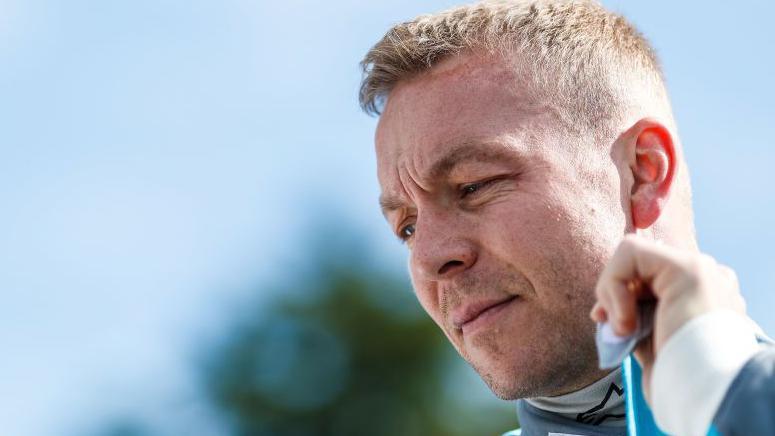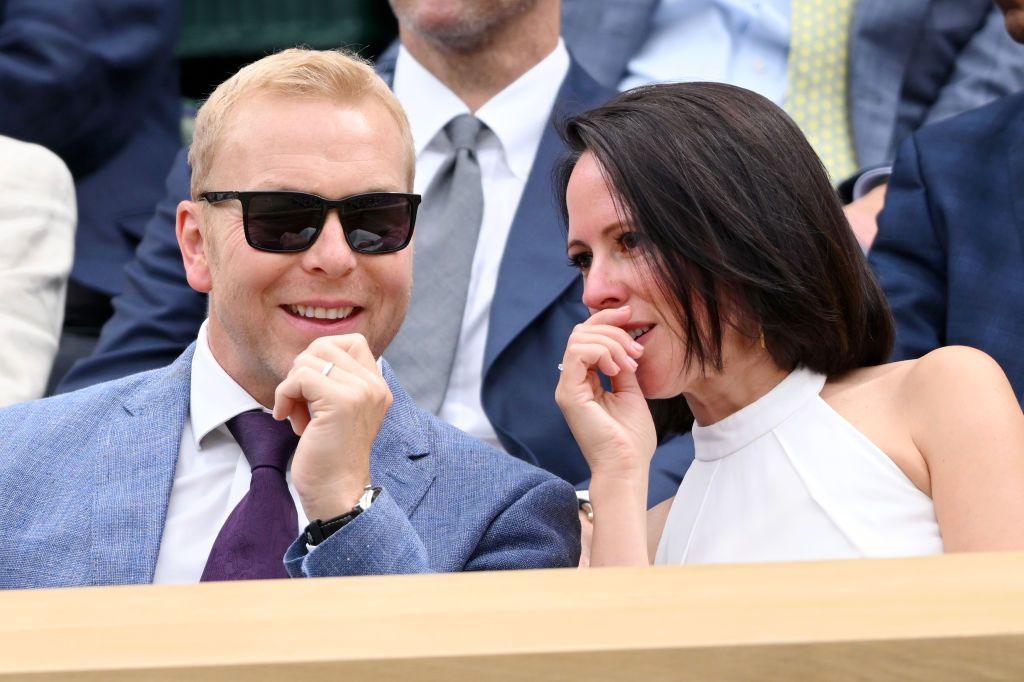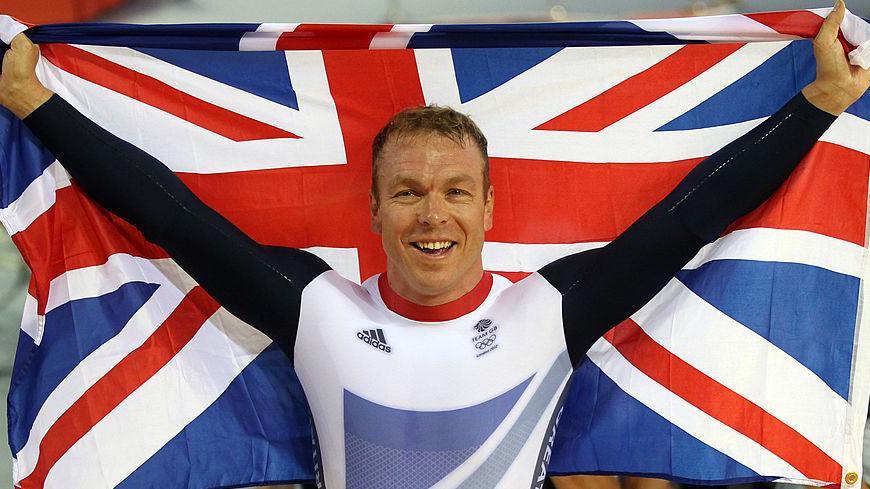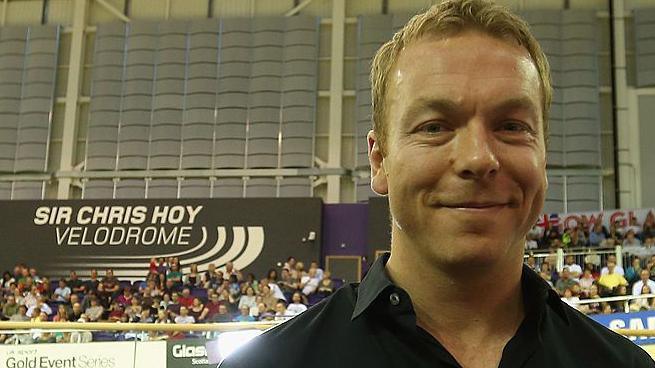"It's been the toughest year of our lives so far by some stretch," says Sir Chris. The news that he had a terminal illness, in September 2023, came "completely out the blue".
"No symptoms, no warnings, nothing. All I had was a pain in my shoulder and a little bit of pain in my ribs."
He thought it was just aches and pains from working out in the gym. "But this ache and pain didn't go away.
"I assumed it was going to be tendonitis or something, and it was just going to be lay off weights or lay off cycling for a wee while and get some treatment and it'll be fine."
A scan revealed a tumour. "It was the biggest shock of my life. I remember the feeling of just absolute horror and shock.
"I just basically walked back in a daze. I couldn't believe the news and I was just trying to process it, I don't remember walking. I just remember sort of halfway home thinking 'where am I?' And then I was thinking 'how am I going to tell Sarra? What am I going to say?'."
Several scans and hospital appointments followed. It had spread. Secondary bone cancer from prostate cancer, he was told.
"I'd had zero symptoms, nothing to point me towards that that might be an issue. We were given the news that this was incurable.
"Suddenly, everything, all your thoughts, everything rushes. It's almost like your life is flashing before your eyes in that moment.
"It does feel like this isn't real. You feel that you want to get out, you feel like you're a caged animal, you want to get out of that consulting room and get away from the hospital and run away from it all.
"But you realise you can't outrun this, this is within you and this is just the first step of the process of acceptance."



